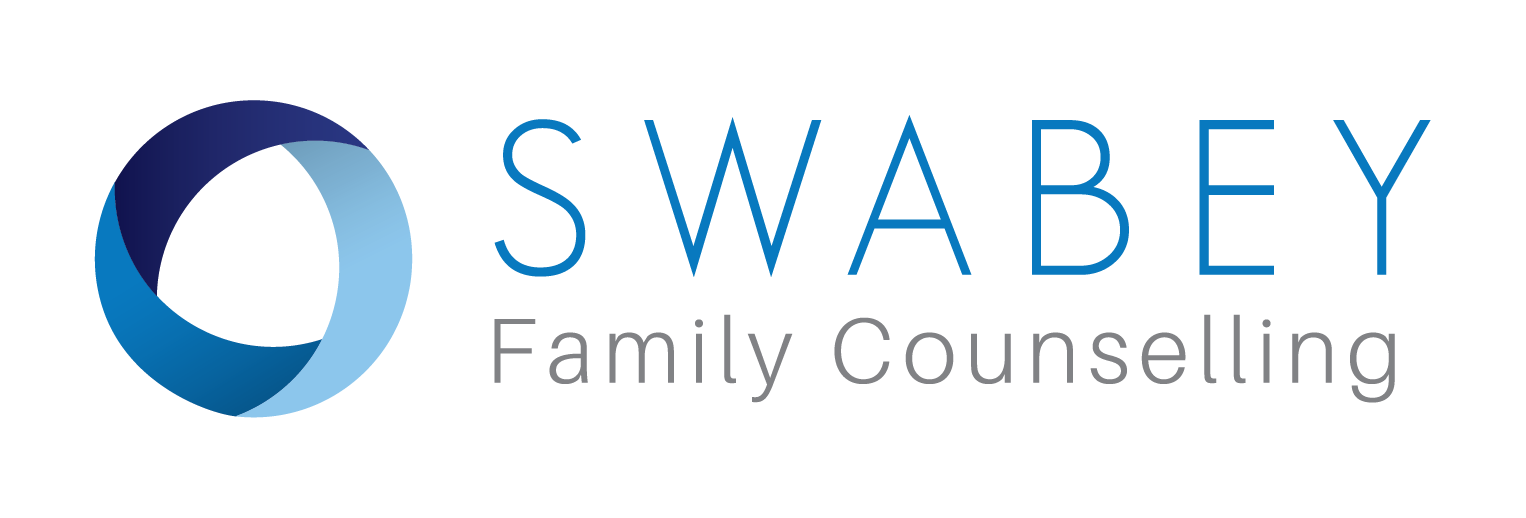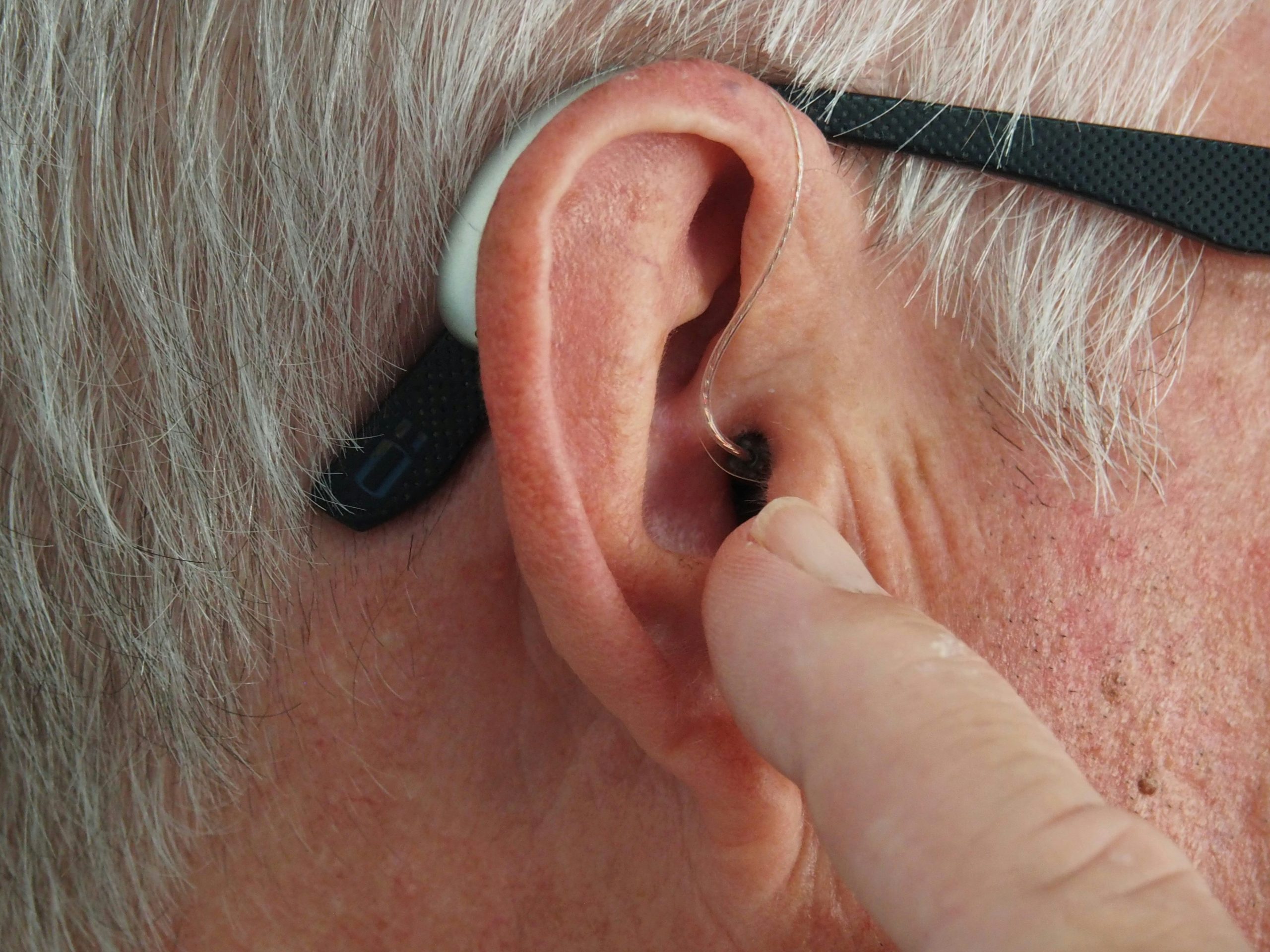In today’s fast-paced and overstimulating world, active listening has become a lost art. We are constantly bombarded with stress, fatigue, and frustration, making it incredibly difficult to truly listen and understand others. This is especially true when it comes to conflicts with our children.
We all know the feeling of being stuck in the same repetitive arguments with our kids, feeling like we are not being heard or understood. It’s a frustrating and draining experience, and it often feels like we are not making any progress in resolving the issues at hand.
But what if I told you that there is a way to break free from this cycle and have productive and meaningful conversations with your children? It all starts with mastering the skill of active listening.
Stop Fighting & Start Understanding
Active listening is not just about hearing the words that are being spoken, but truly understanding the emotions and intentions behind them. It requires practice and patience, but the payoff is immense. When we are able to truly listen to our children, boundaries are managed, problems are solved, and skills are built.
Watch this clip from The Big Bang Theory.
In this humorous interaction between Amy and Sheldon, the importance of active listening becomes evident. Watch the change in Sheldon’s body language as Amy tunes in and actively engages – even though she’s not really interested in his dilemma. His facial expressions, tone of voice, and body posturing demonstrates just how heard and understood he feels.
Tune In & Experience the Benefits
The act of truly listening to others and showing interest in their thoughts and feelings is powerful. When we feel heard and understood, it triggers a cascade of positive effects within us. It regulates our nervous system, reducing our stress response and creating a sense of safety within the relationship. Feeling safe in a relationship activates our motivation and reward system, creating a positive feedback loop that encourages more meaningful interactions – in other words, it creates space for connection, collaboration, and cooperation – and wouldn’t that feel great to have with our kids!
So, let’s make a commitment to prioritize active listening in our interactions with our children. Let’s create an environment where everyone feels heard and understood, where conflicts can be resolved in a constructive and productive manner. It’s time to break free from the cycle of repetitive arguments and start building stronger, more meaningful connections with our kids.
Fill out this form and let us help you make those positive changes today!





